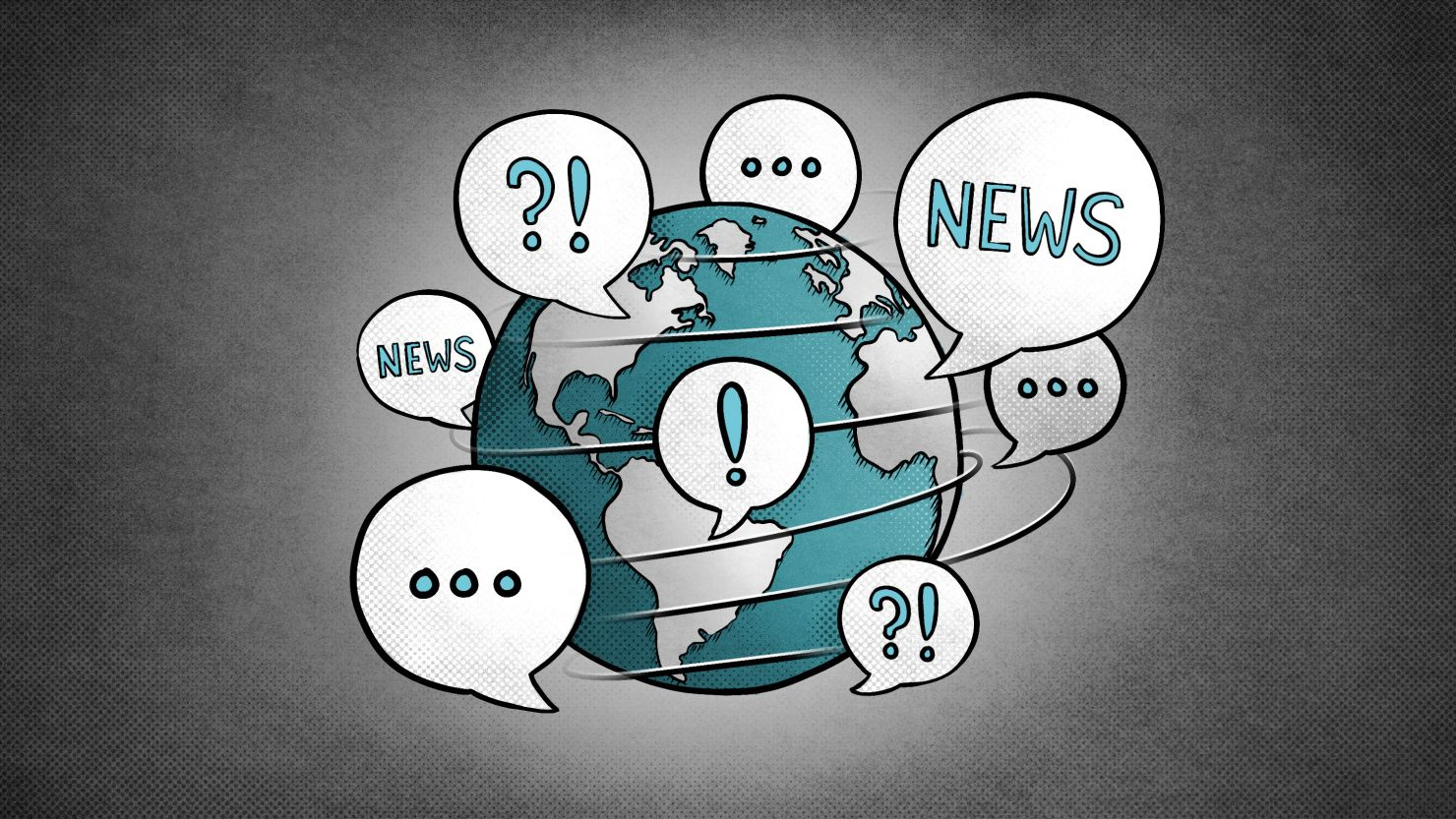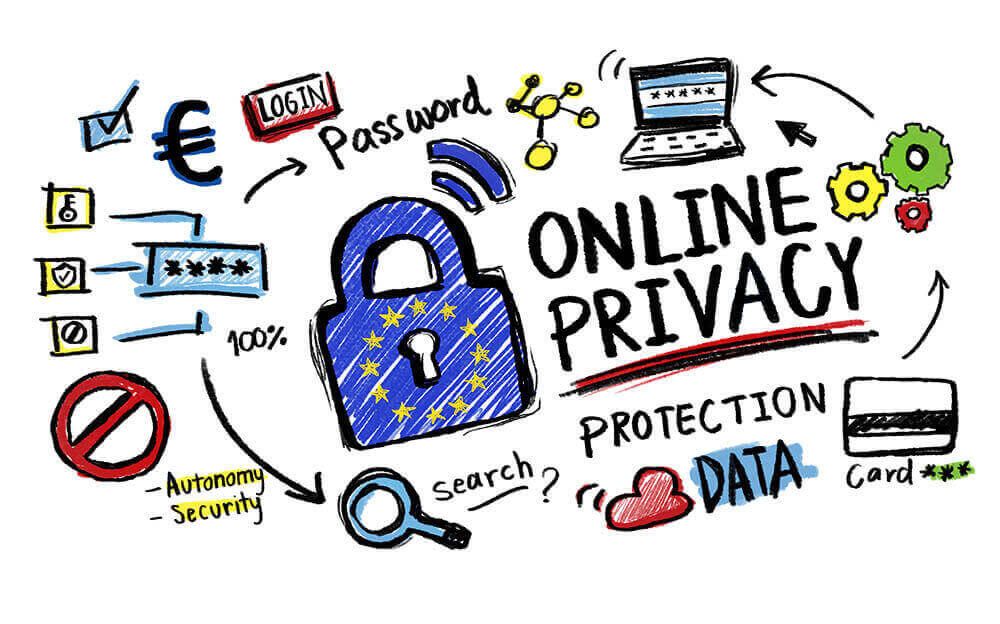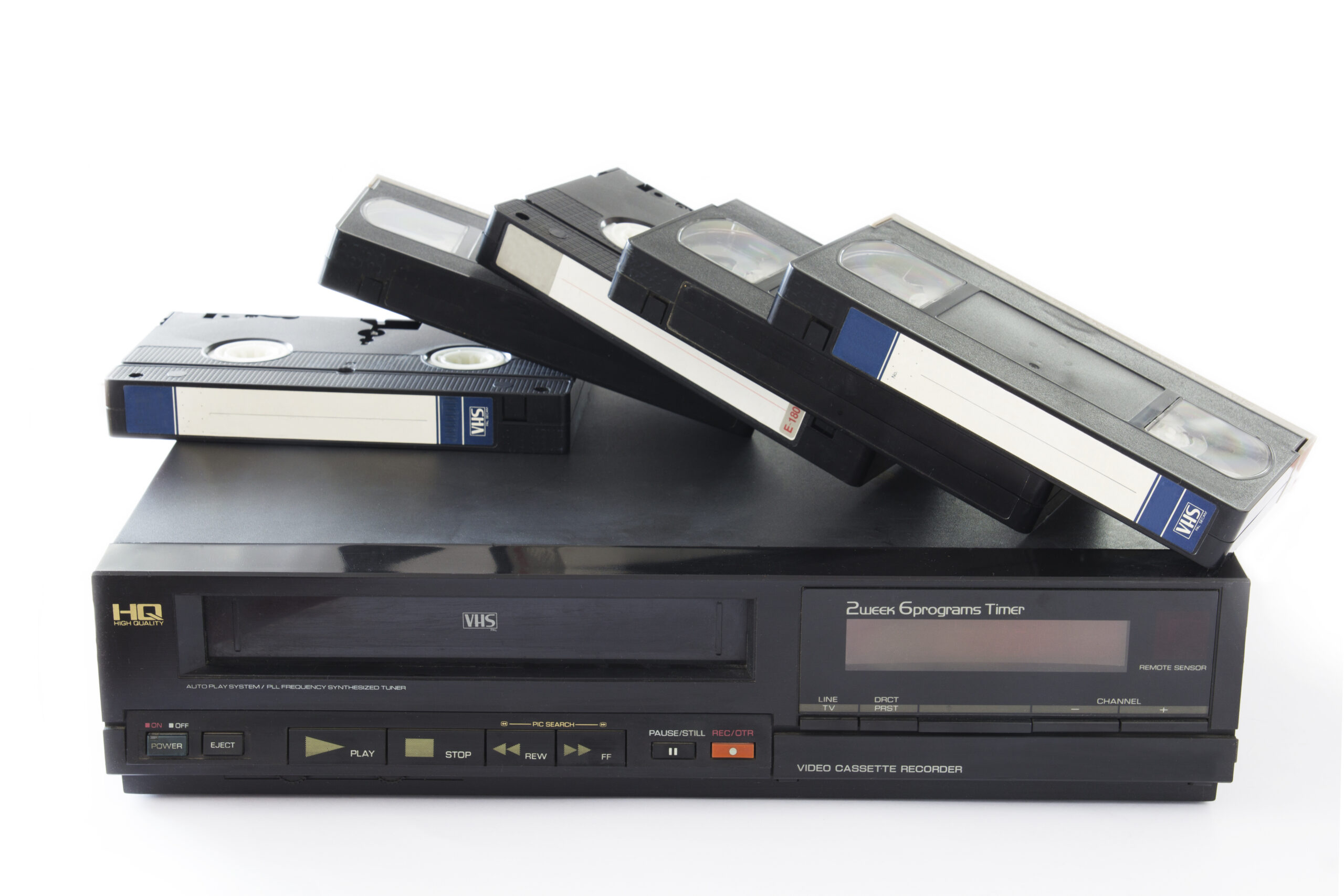ML&L blog
Sunday, May 4, 2025
Blog # | EOTO #2 response post
Thursday, April 24, 2025
Final post | The Complicated Relationship with Technology
I believe that it is difficult to look at controversial topics at face value. For instance, look at automobiles. They get us around from place to place, encouraging us to explore the world and stay connected to family and friends no matter how far apart. While they do so many great things for us, they also generate greenhouse gases like carbon that contribute to global climate change. It's difficult to say automobiles are a good thing while they produce greenhouse gases, and are a bad thing because they keep mankind connected.
This is the same situation for technology. It has brought about the internet, texting, calling, video games, and platforms to spread information about yourself, your community, and even a mission. Within those great advancements, we've seen cyberbullying, ghosting, online footprints, and incredibly easy ways to spread misinformation. It's impossible to look at technology and say it is just good or bad because of what can be done with it.Let's focus on the good for a moment. Without technology, our lives would not be as simple as they are now. To stay connected with my family in California, I would have to write letters and have them delivered by horse, which could take up to a few weeks. I have the luxury of texting them with my phone instead, and that message would be delivered within a few seconds. Plus, I can connect with communities anywhere with my phone or computer. Social media has been helpful too, being a platform to continue to connect with people you may have met briefly and would like to continue to get to know.
The issues that could fall into the cool stuff above are the environmental effects and platforms to harshly judge others. Power plants that produce energy are known for mercury emissions and ozone-related premature deaths. The media platform I use the most, Instagram, is known for cyberbullying issues, pressure to stay informed about everyone's lives, and unrealistic standards for beauty. It takes a lot to not be affected by at least one negative appeal of having a social media app on any device you have.
My relationship with technology, especially electronic, is complicated. I use my laptop and phone to play games and stay connected with my friends who go to other universities. As of this moment, using my electronics for that is the best way I can stay connected to them and be a part of their lives. Within that comes an issue where I am on my phone and laptop during the day for hours at a time, trying to stay connected with them. Additionally, I use Instagram to kill time and stay connected to other friends. While I kill time, I often find out about things going on in the world and can be exposed to fake news. I think in a way, I waste my time by scrolling on Instagram because my time could be better used doing something else. I looked into my online footprint, and I could not find much about myself besides the fact that I was nominated for an award during my senior year. This makes some sense because whenever I create online accounts, I never include my last name, so it's more difficult to find me unless you have mutual friends or something along those lines.
I do not believe my relationship with technology is in good health, but it is not in bad health either. Yes, I spend more time on my phone and laptop than I should. No, I am not addicted to them. I still find time in my day to get outside and enjoy using my ripstick to get around my campus and stay connected with my friends in a face-to-face manner. This reinforces my point that it is difficult to take complex subjects at face value, saying it is healthy or unhealthy, because it isn't exactly either or. I think the only way to look at the relationship people have with technology is that it has just as much potential to be good/healthy as it is to be bad/unhealthy. It all comes down to who is working that relationship and what they are trying to get out of it.
Friday, March 7, 2025
Blog post #8 | The Diffusion Theory
With every new version of the iPhone, a critique would be fixed and a new, quality-of-life improvement would be made, which made early adopters happier and encouraged more people to cave and buy the iPhone. People who purchased had so many recreational and informational capabilities at their fingertips, and they would have made that purchase because it made life so much easier. Innovations are innovations because they make the quality of life better at a small price in terms of work. Sure, you might have to spend a few hundred bucks to get the iPhone, but that return in advanced capabilities was worth the cash. The positives outweighed the negatives, especially considering how quickly the iPhone developed in two decades. Plus, the cost-benefit is still pretty good, considering how Apple has generated an amazing level of brand loyalty, making it so a good chunk of their buyers buy the newest version of the iPhone immediately.
Blog post #9 | Mainstream media
Mainstream media (MSM) has existed for a long time through many different forms of communication. It has existed from the first form of mass media, Johannes Guttenberg’s printing press, to FOX News on evening television. Mainstream media are social channels where a large population gets most of their news. In the U.S., MSM would be entities like the New York Times, FOX News, CNN, ABC News, etc. These corporations will go out and get information about things occurring on local and/or global levels and then convert it into a form of media to be shown to their consumers. The big three MSM sources in the U.S. are ABC News, CNN, and the New York Times as of a survey done by the PEW Research Center in 2021.
Mainstream media gets tons of attention because they have large followings, which generates positives and negatives. The overarching positive is that these companies are so large that they can use their resources to obtain all sorts of news from everywhere. For example, the New York Times posts articles online about news going on in the world on that specific day. On March 24, 2024, they shared news on events such as the Russo-Ukraine War, actors contributing to video games, Supreme Court cases, etc.
Having mainstream media makes it incredibly convenient for people to find news on everything and anything all in the same place. The other benefit to mainstream media is that it is tailored to a large group of people who share a similar, broad opinion, which usually applies to multiple, if not all, topics they consider. So by finding a mainstream media that appeals to you, you find a large follower base who shares a similar opinion about the subject at hand.
By “increasing access to information”, these corporations allow people to develop connections and perceive things that normally would not be perceived. If someone sees an interesting article from an author at a mainstream media source, they can connect to that person regarding the article. For instance, Kalhan Rosenblatt published an article regarding the term “Rizz” in 2023 on behalf of NBC News. If I had a question about it or had a commentary that could be important to that article, I could connect to Rosenblatt and discuss it with them.
The overarching negative would be the human factor in publishing or receiving mainstream media news. Regarding publishing news, authors and newscasters like to share their opinions on news and what they believe it means for their audience. This leads to no longer objective news, and people will gloss over important details if it helps their opinion on the matter seem more important. Mainstream media can be such a big appeal to people because it draws people sharing similar opinions. However, that can be a pitfall because those people are not exposed to objective, potentially 100% true news. Biased news does help with developing endorsement in people, with accepting someone’s opinion may not be the same as theirs, but lately it seems like the development of that acceptance has not been a common occurrence.
Otherwise, mainstream media having biased news generates a sense of loyalty and trust to that media. This is good for that media’s business, but it can be bad for the person’s ability to process news objectively without that media’s perception on a topic. If I handed a CNN news article to someone who's been reading FOX media news for years, they would immediately be mistrusting and not very accepting of that differentiated perspective on a topic.
Mainstream media for me means a large publisher which collects information and displays it to me. It may or may not have a bias, but it is up to me on whether I should let that bias affect how I perceive that topic and develop my opinion. My family and friends should be aware of how it affects them and shapes their way of perceiving events and topics circulating the world today. I think if they let mainstream media further develop their independent opinion of a topic, then yes, kudos to them. If they just take the opinion of that media and act as a vessel of it without letting their personal ideas factor in, then no, that is not healthy. My generation is more focused on social media news than mainstream media, but that can be one-hundred times worse depending on how little they fact check the information. Overall, I think mainstream media can be a blessing and a curse, but it all comes down to how people let it affect them.Blog post #7 | Antiwar & obscure websites
I have to search obscure websites for strong antiwar voices because having wars helps economies, even if they are not directly affiliated with the war. Take World War Two, for instance, when economies boomed because all countries worked hard to win the war. There was a huge increase in federal and defense spending, with an increase in nominal GDP.
Wednesday, February 5, 2025
Blog post #5 | Privacy
The issue of technology progressing enough to violate my privacy has become my concern as I have gotten older. As a kid, I did not have to worry about this stuff because I did not have a phone, or at least my mom's phone wasn't really my phone. Anyhow, as I got older, I was given access to technology, like an iPhone in my name & a laptop for college which I could utilize to download games, create an account on Instagram, connect with people across the world, and surf the web to find things that might make my day-to-day a little easier. What's concerning about this is that for most of these activities, they take my data and store it somewhere to be more personal to me; to make it easier to sell or appeal to me. For instance, Instagram determines the watch time of every reel I watch and if I watch one reel longer than the rest, it throws me more reels that may have the same captions or the same semantics as the reel I watched longer before.
The government should help corporations when they try to protect our privacy. Recently the FBI encouraged iPhone & Android users to stop using their traditional texting apps and move to encrypted texting platforms, like WhatsApp. The FBI doing this is a good example of what the government should be doing but should be doing, and what they do doesn't exactly line up all the time. Federal employees aren't even safe from this, with the Trump Administration wanting to set up an email system that is designed to send emails to all Federal employees' inboxes. At the forefront, this seems innocent, but if it is hacked then that hacker has the name and more information of every Federal government employee. It is seeing backlash thankfully, but if it were to follow through that could be a serious potential breach of privacy for all employees in the government.Data collection is something my family should be concerned about, my friends should be concerned about, and I should be concerned about. We should not be fond of the fact an entity, which could turn against any human at any point, that knows exactly who we are and what we would do. While I do understand this is for security's sake, this is not how you ensure people remain safe. Who I am & what I do should not be anyone's business unless I opt for it to be. When I post on Instagram, I am opting for the world & Instagram to know what I have been up to lately, and that's fine. If Instagram were to take my interests and try to market them though, that would be a breach of my trust and security.
Something we can do about protecting ourselves from entities that collect our data can be simple or just a little harder than simple. Simple is deleting the account and opting to have that data not be tracked one hundred percent anymore. This is not ideal, so I recommend going with the second option, which is utilizing the "Limit Data Settings" functions on the apps you use that could track data. By taking the time to limit the data an app or internet thing could collect, you make your life more private and make it harder for an entity to figure out how to exploit you.
Tuesday, February 4, 2025
Blog Post #6 | EOTO reaction post
The first electronic television system was showcased in 1927. The public introduction came with BBC's regular broadcast in 1936, also featured in the 1939 New York World Fair on behalf of RCA. Television became a mainstream form of receiving media and revolutionized the entertainment industry allowing people to watch things without being present.
Bluetooth was invented in 1994 by Dr. Jaap Haartsen while working on short-range radio connections. The first version was realized in 1999, focusing on wireless data connection. It is an innovation made for the benefit of convenience and accessories.
The idea of the telegraph was first claimed in 1798. Samuel Morse created his version of a working electrical telegraph by 1832. The first message ever sent was "What hath God wrought?". It was a growing industry leading into the 20th century. By 1934, it had gained enough attention to have governments pass legislation to monitor it. It was an amazing innovation because messages would travel quickly (same day) whereas the mail system would take multiple days, if not weeks.Paper was invented in ancient China by Cai Lun. By mixing fibers and plants, the paper could be made and written on. It was spread throughout the world via the Silk Road. It was revolutionary in the sense of communicating with people across distances and preserving it. It is the primary form of communication used to teach the masses about religion, natural sciences, liberal arts, etc.
The email was invented in 1971 by Ray Tomlinson. He came about it during his spare time while figuring out how to transfer files from one computer to the next. Tomlinson figured it would be a "neat thing to do" and it wouldn't become popular until 1988. There are 7.9 billion email accounts worldwide, and 5.6 billion are active. Gmail is the largest email provider, having 1.8 billion active user accounts.
The VCR was invented in the 1950s but wasn't popular until the 1970s-2000s. VHS and Betamax were tracks put into VCRs to play videos. Using magnetic tapes, you could playback videos. It allowed for technological advancements with television and led to the rise of direct-to-video films convenient for home-watching.
Cloud computing is the delivery of storage and software over the internet, allowing people to access and manage their data remotely instead of relying on physical technology, like the USB drive. The first version was created in 1969, but the computing system wouldn't gain traction until 2006 with the Amazon Web Service or Google Docs/Services. It faces challenges with cybersecurity and cost management. Sixty percent of the world's corporate data is stored in the cloud.
Compact Discs were patented in 1970. The prototype was revealed in 1979 and had a commercial release in 1982-1983. Sony & Phillips licensed the CD for recording in 1988. From 1988 to 2007, over 200 billion CDs were bought worldwide. CD's descent in popularity occurred in 2008 when Spotify launched. If all the CDs in the world were piled up, they would circle the Earth six times. The best-selling CD of all time sold over 38 million copies.Blog # | EOTO #2 response post
The Five Eyes is an intelligence-sharing alliance between the U.S., U.K., Australia, Canada, and New Zealand. Initially, the alliance was de...

-
The Diffusion Theory explores the rate and implications of a technology and how it becomes an integral part of society . The innovation I wo...
-
Mainstream media (MSM) has existed for a long time through many different forms of communication. It has existed from the first form of ma...
-
No one knows when pigeons or birds were trained to deliver mail. Seems to go back to the Egyptians or the Romans . It was utilized for the w...











